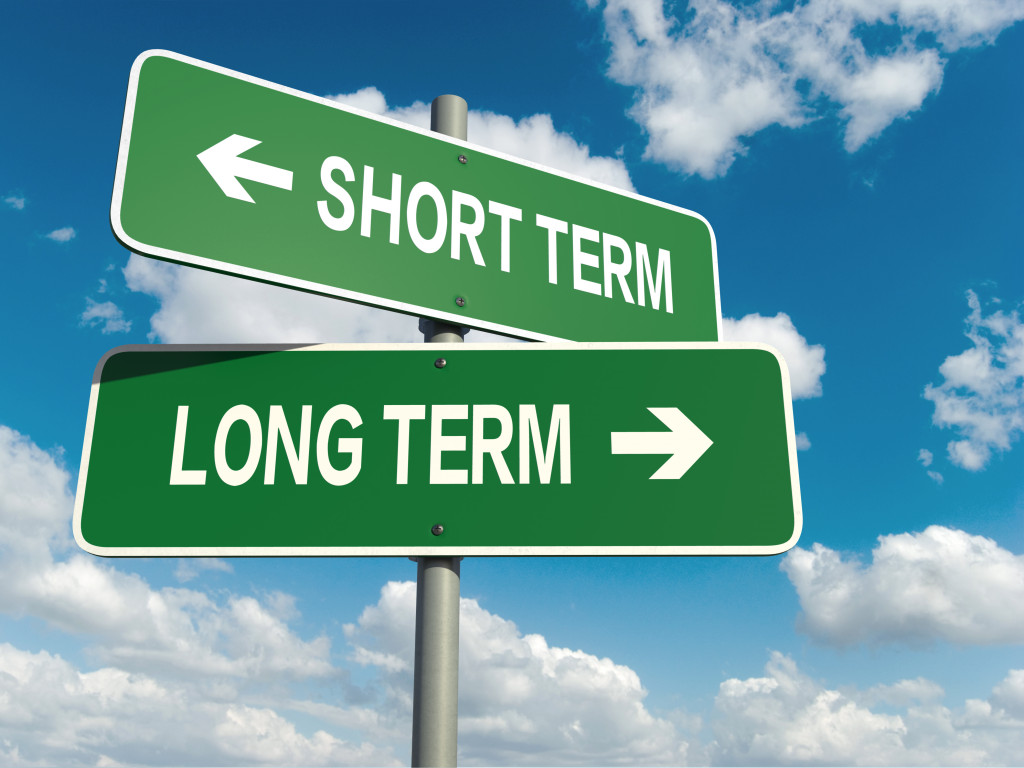- Set long-term and short-term financial goals to maximize success.
- Create an emergency fund to cushion unexpected expenses and make a budget and stick to it.
- Increase earning potential by taking on extra work or starting a side hustle.
- Invest in stocks, bonds, and mutual funds for long-term wealth.
- Prepare for unexpected expenses by creating a budget and emergency fund.
According to the 2021 Census data, in England and Wales, there were 17.3 million people under 25 years old, representing 29.1 percent of the population, and 12.0 million people aged 25 to 39 years, representing 20.2 percent of the population.
As a 20-year-old, it’s easy to feel like you have all the time in the world to figure out your finances. However, time flies, and before you know it, you’ll be nearing your 30s and wishing you had taken your finances more seriously. Being financially independent at a young age is achievable, but it takes discipline, hard work, and a willingness to learn. This guide outlines steps to achieve financial independence before your 30s.

Set Long and Short-Term Financial Goals
When setting financial goals, thinking both long and short-term is essential. Long-term goals may include retirement savings, while short-term goals may include paying off student loans or credit card debt. Determine what financial goals are important to you and prioritize them. Once you have your goals set, review and adjust them regularly to ensure you are on track to achieve them.
Create an Emergency Fund
Unexpected costs can arise at any time, so having an emergency fund is crucial. Your emergency fund will provide a cushion for unexpected expenses, such as sudden illness or job loss. Aim to set aside three to six months’ living expenses in a savings account or money market fund.
Create a Budget and Stick To It
Creating a budget and sticking to it is crucial to achieving financial independence. Start by tracking your expenses and income for a few months to understand where your money goes. Once you understand clearly, create a budget that reflects your financial goals and needs. Make sure to include an emergency fund in your budget. Stick to your budget, but don’t be too hard on yourself if you slip up. Learn from your mistakes and adjust your budget as needed.
Reduce Debt
If you have debt, pay it off as soon as possible. Paying down debt is one of the most effective ways to increase wealth. Start by paying off high-interest-rate debt first. Consider consolidating your debt or finding a balance transfer credit card with a lower interest rate if you need help managing payments.
Increase Your Income
Increasing your income is an obvious way to achieve financial independence more quickly. Consider taking on part-time work, freelance work, or applying for higher-paying jobs. If you are entrepreneurial, consider starting your own business or side hustle. Invest in yourself and develop skills to increase your earning potential.
Start a Rental Business
Renting out properties, such as real estate or equipment, can be a great way to generate passive income. Consider purchasing a small rental property and renting it out to tenants. To acquire properties, you can work with a reputable mortgage broker. The broker should help you find the loan to use in buying properties. Research the rental market in your area to determine what type of property is in demand and how much you need to charge in rent.
Invest in Stocks, Bonds, and Mutual Funds
Another great strategy for increasing income is investing in stocks, bonds, and mutual funds. This can be risky if you don’t know what you’re doing, so it’s essential to research and seek advice from a financial advisor. If done properly, investing in stocks, bonds, and mutual funds can help you achieve long-term wealth.
Start Saving for Retirement Now
It’s never too early to start planning for retirement. Start by calculating how much money you will need in retirement and then plan to save that amount. Consider contributing to an IRA or 401(k) plan if your employer offers one.

Live Below Your Means
Living below your means is an essential step in achieving financial independence. Avoid high-cost items and aim for practical, affordable choices. Avoid consumer debt at all costs, and if you have any debt, plan to pay it off as quickly as possible. Living within your means is crucial, as it allows you to save and invest more money.
Prepared for Unexpected Expenses
Living within your means allows you to plan for the future and be more prepared for unexpected expenses. It also helps build up an emergency fund in a financial emergency. Be sure to create a budget and stick to it as best as possible. Doing so will help keep spending under control and ensure you live below your means.
While achieving financial independence before 30 may seem impossible, it’s entirely achievable with hard work and discipline. Remember, achieving financial independence is a long-term game, so be patient and committed to the process. Take control of your financial future and start taking steps today to achieve financial freedom before your 30s.

